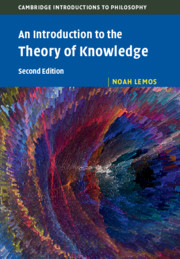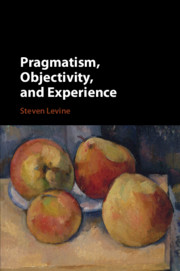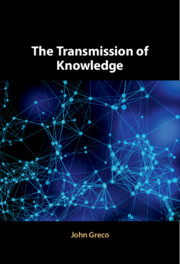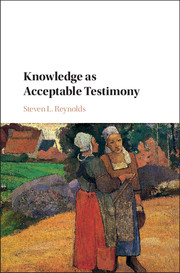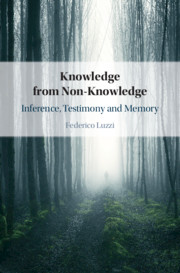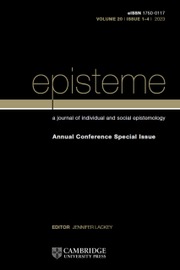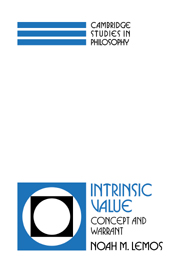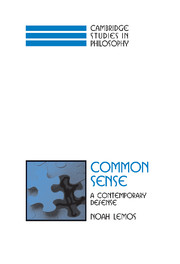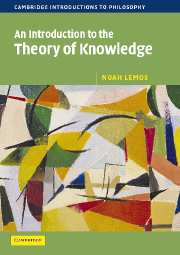An Introduction to the Theory of Knowledge
Now revised and containing three new chapters, this book provides a clear and accessible introduction to epistemology, or the theory of knowledge. It discusses some of the main theories of justification, including foundationalism, coherentism, reliabilism, and virtue epistemology. Other topics include the Gettier problem, internalism and externalism, skepticism, the problem of epistemic circularity, a priori knowledge, naturalized epistemology, and the epistemic significance of testimony and disagreement. Intended primarily for students taking their first classes in epistemology, this lucid and well-written text will provide an excellent introduction to anyone interested in knowing more about this important area of philosophy.
- Introduces a wide array of problems in contemporary epistemology and considers their attempted solutions clearly and systematically
- Includes in-depth discussion of the Gettier problem, theories of justification, skepticism, a priori knowledge and naturalized epistemology
- Contains three new chapters on externalism and internalism, epistemic circularity and testimony and disagreement
Product details
November 2020Paperback
9781108724401
288 pages
242 × 171 × 17 mm
0.52kg
Available
Table of Contents
- Preface to the second edition
- 1. Knowledge, truth, and justification
- 2. The traditional analysis and the Gettier problem
- 3. Foundationalism
- 4. The coherence theory of justification
- 5. Reliabilism and virtue epistemology
- 6. Internalism and externalism about justification
- 7. Epistemic circularity
- 8. Skepticism
- 9. The problem of the criterion
- 10. The a priori
- 11. Naturalized epistemology
- 12. Testimony and disagreement.

